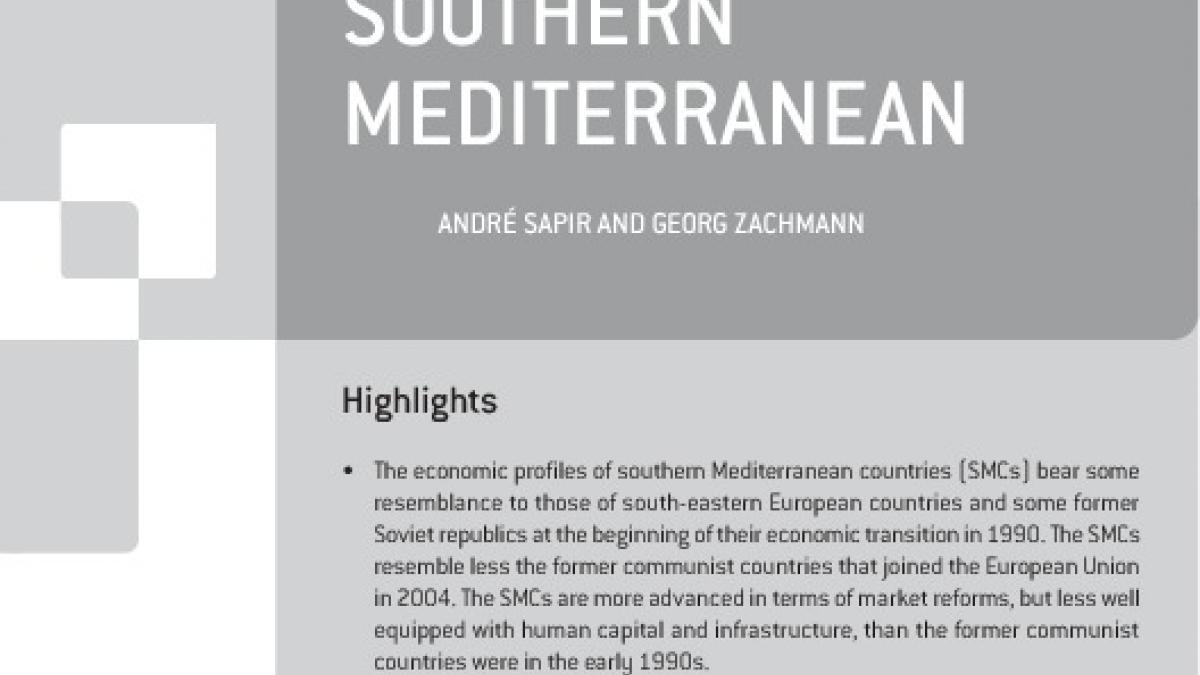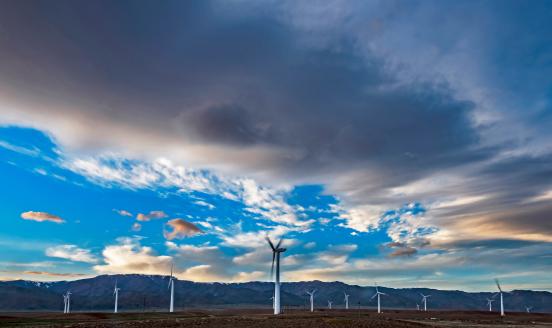Eastern European lessons for the southern Mediterranean

The economic profiles of southern Mediterranean countries (SMCs) bear some resemblance to those of south-eastern European countries and some former Soviet republics at the beginning of their economic transition in 1990. The SMCs resemble less the former communist countries that joined the European Union in 2004. The SMCs are more advanced in terms of market reforms, but less well equipped with human capital and infrastructure, than the former communist countries were in the early 1990s.
The EU’s willingness to underpin reforms in central and south eastern Europe and hold out the prospect of EU membership contributed to substantial growth, highlighting the long-term value of partnership with the EU.
Long-term partnership has so far been absent for the southern Mediterranean countries. The existing Union for the Mediterranean framework is too weak to provide the necessary EU support to domestic reforms in the SMCs, and to ensure the desired stability and prosperity in the region.
To encourage a successful transition in the SMCs, a Euro-Mediterranean Economic Area should be established by 2030.



